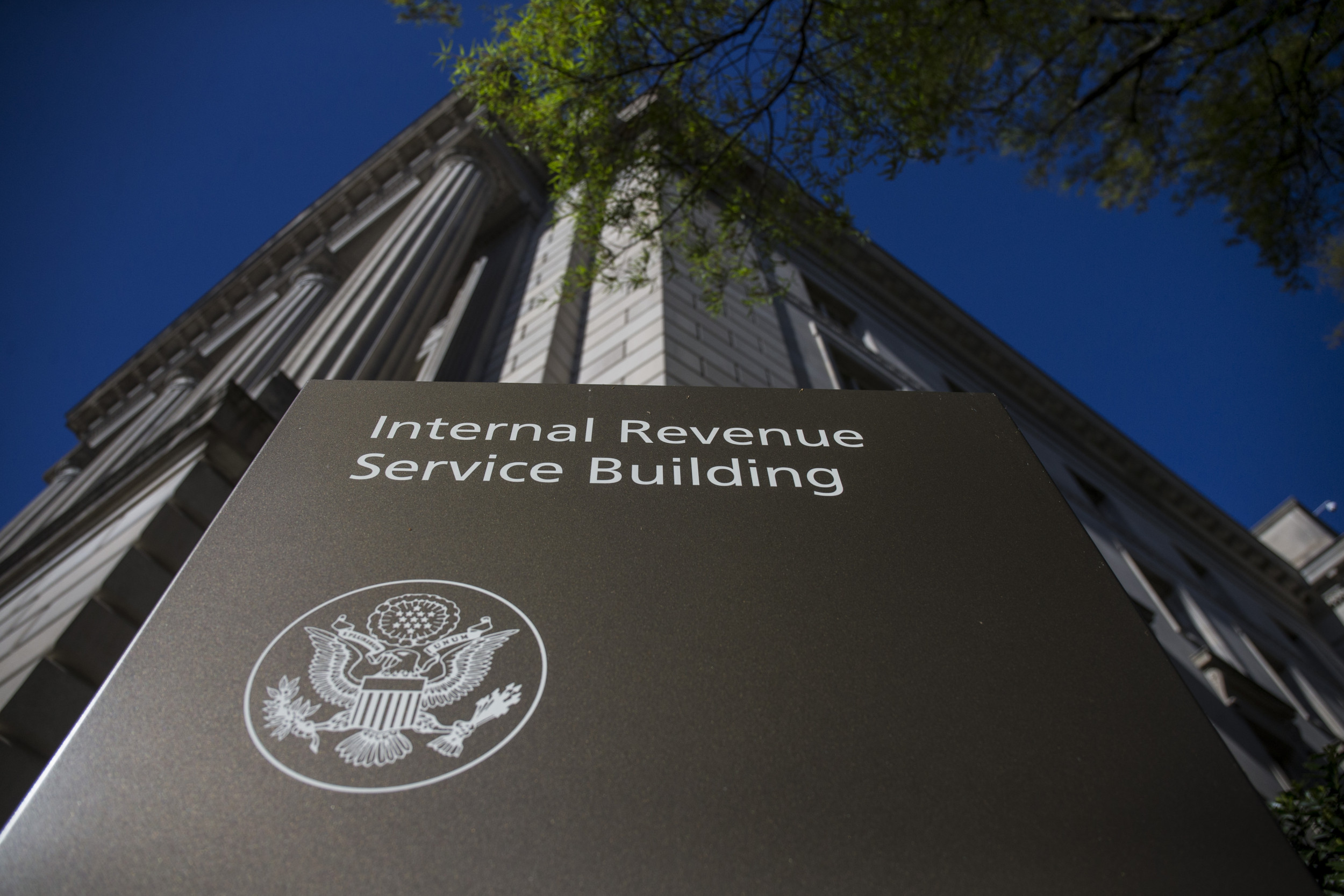Black college students may be more confident that they'll find jobs after graduation than white students, according to a new survey.
In a College Pulse/Newsweek survey, 22 percent of all students said they were "very confident" they could secure a job in their desired field after graduation, and the rate was slightly higher among Black students than white students.
Why It Matters
Historically, white students have seen higher college graduation rates and have also typically earned more on average than their Black peers once in the working world.

What To Know
The poll, which surveyed about 1,200 college students between January 24 and 31, found that 24.4 percent of Black students said they felt "very confident" in their ability to secure a job in their desired field after graduation, while 23.9 percent of white students said the same.
Another 47.8 percent of Black students said they felt "somewhat confident," compared to 46.3 percent of white students.
Overall, the survey, which polled students from two- and four-year colleges and universities, showed that 72.2 percent of Black students and 70.2 percent of white students were "very confident" or "somewhat confident" in their ability to secure a job.
That figure was 57.5 percent for Asian students and 64.3 percent for Hispanic students, the data showed.
Bryan Driscoll, an HR consultant, told Newsweek that many white students from privileged backgrounds are realizing their college degree doesn't necessarily ensure a job or career success today.
"White students—especially those from privileged backgrounds—are realizing the world doesn't roll out a red carpet for them anymore … with a few exceptions," Driscoll said. "Degrees don't guarantee jobs anymore and companies are, at least superficially, being pressured to address diversity gaps. That's creating anxiety among white students who were raised to believe a degree was their golden ticket."
Driscoll said the entire education system is partly to blame.
"It doesn't prepare students of any race for the realities of today's job market. It churns out graduates with debt and a degree but little practical experience, leaving them unprepared to advocate for themselves in hiring and compensation," the consultant continued. "Black students have always had to fight harder and do more to just open the door to opportunities, so it's no shock they feel more confident in that fight. If anything, this is further evidence of a system failing students across the board."
What People Are Saying
Alex Beene, a financial literacy instructor at the University of Tennessee at Martin, told Newsweek: "I think many will be surprised by these results, especially when considering the headlines the new administration has generated in the last few weeks from how it's handling many federal government positions. However, that's only one component to how Americans are feeling about the broader economy. President Trump saw increased support from African American voters in multiple states, with the rationale being that many viewed his return to the White House as also being a return to the more promising economic conditions of his first term. It may not be as much as feeling particularly confident in just the outlook for employment as it is a more general optimism in an improving economic landscape in the coming months and years."
Kevin Thompson, a finance expert and the founder and CEO of 9i Capital Group, told Newsweek: "I take it with a grain of salt. The number of Blacks polled is statistically insignificant in comparison with all other races polled. The Black polling represents less than 7 percent of the total population of polling, which doesn't signify a trend … The idea that white students have lower job confidence isn't necessarily accurate, considering they make up over 48 percent of the total survey population. If anything, the survey suggests that white students demonstrate relatively high confidence."
Bryan Driscoll, an HR consultant, told Newsweek: "These results don't really surprise me. I see them as a reflection of the reality Black students face and the deep flaws in our education and labor systems. Black students have had to navigate a job market that was never built for them, and that experience fosters a resilience and confidence that many white students simply haven't needed to develop."
What Happens Next
It remains to be seen what effects the new presidential administration will have on the economy—as it carries out an agenda that includes lowering taxes and increasing tariffs on the U.S.'s major trade partners—and what it may mean for the job prospects of college graduates.
Thompson said that beyond the small differences in Black and white college students' job confidence is a more notable trend of women progressing further in higher education.
"Women are now earning bachelor's and advanced degrees at higher rates than men," Thompson said. "As Richard Reeves noted in Of Boys and Men, for every 100 bachelor's degrees awarded to women, only 74 are awarded to men. This reflects a broader shift in education, where women are outpacing men in degree attainment."




















 English (US) ·
English (US) ·